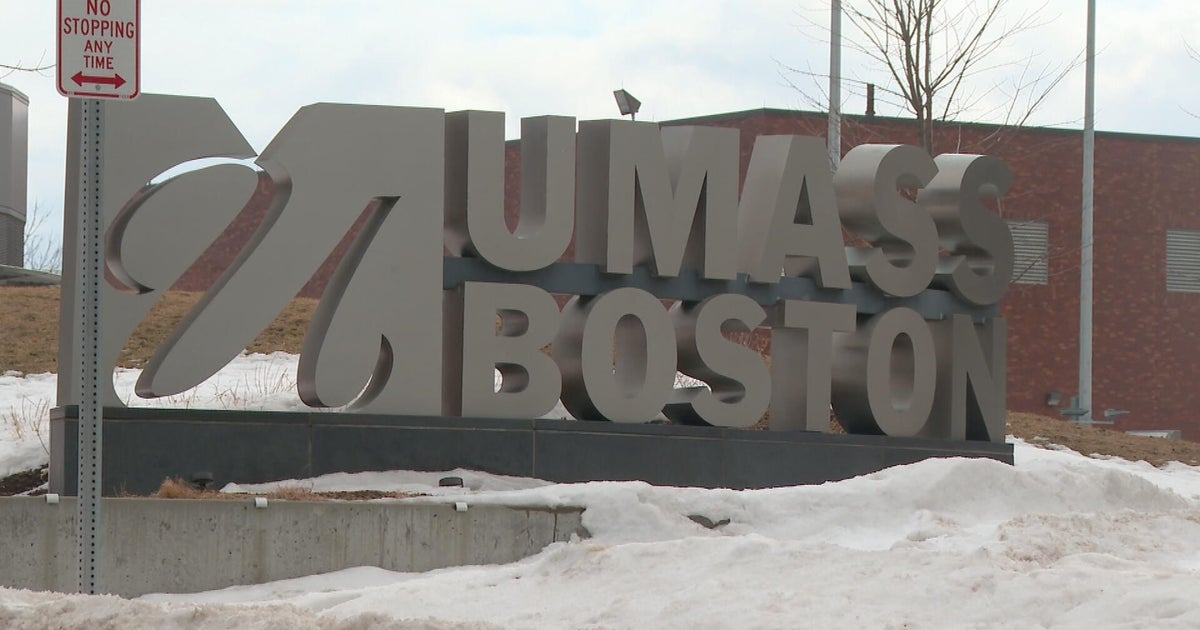Tech Executive Advises San Francisco Students To Look Inside The Box
Just recently, President Obama visited Stanford University for the White House Cybersecurity Summit. While addressing the crowd, the President said, "It's one of the great paradoxes of our time that the very technologies that empower us to do great good can also be used to undermine us and inflict great harm." With recent data breaches affecting more than 100 million Americans, demand has never been greater for information security jobs. One San Francisco tech firm helping companies to be more secure is Bugcrowd, co-founded by CTO Chris Raethke.
What's your background and education?
"I started programming around 10 years old, making small games and charging school friends five cents to play. I made enough money to buy sherbet sticks and was immediately hooked on computers. I studied Information Technology and Microelectronic Engineering at Griffith University. My career started with work on large enterprise systems. From that experience, I learned a lot about what's involved in large organizations which helped me become more adaptable. I learned that the ability to adapt and break down barriers is crucial between security and development teams, so that's where I have focused, and in turn, led me to my current role at Bugcrowd."
What type of services does Bugcrowd performs?
"Bugcrowd provides crowdsourced security testing, with a curated community of over 14,000 security researchers available to take part. Our services include responsible disclosure programs, bug bounty programs and our unique Flex offering, which combines the effectiveness of a bug bounty with the safety, predictability and cost model of a traditional penetration test. Bugcrowd aims to provide companies big and small with the ability to commission a customized security testing program that fits their specific requirements."
What advice can you share to students interested in information security?
"One of the best pieces of advice I was given as a student was to 'look inside the box.' Whether it's a software or hardware product, if you know what happens inside the box, then it makes you much more effective when using it. In addition, as a developer, outside of gaining technical skills, you also need to think like a hacker. Ask yourself, 'What would a hacker want? What would he or she do with that information.' Even without deciphering 1's and 0's being able to think this way will put you a step ahead of others."
Randy Yagi is a freelance writer covering all things San Francisco. In 2012, he was awarded a Media Fellowship from Stanford University. His work can be found on Examiner.com Examiner.com.







